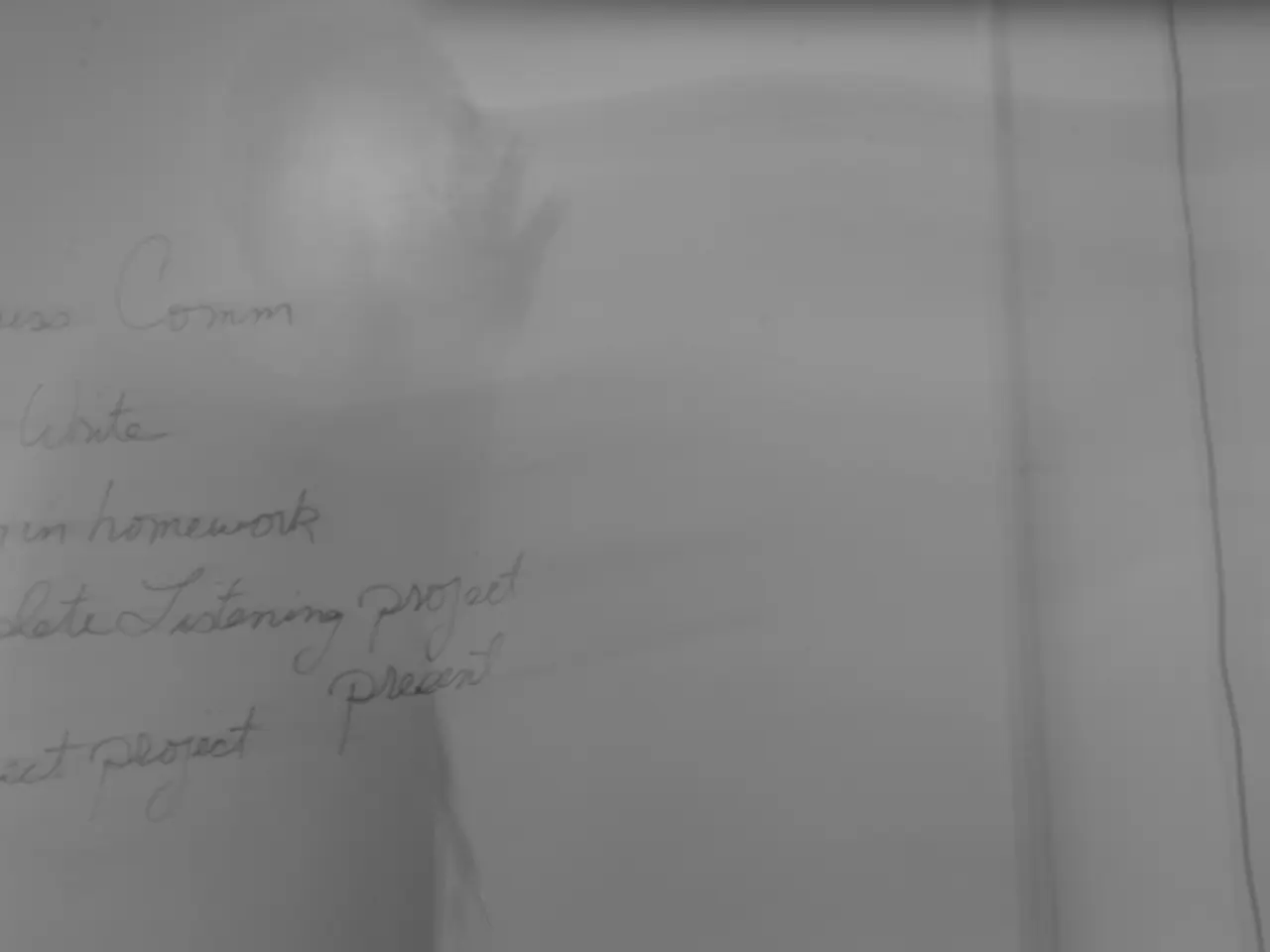Unbridled Analysis: Breach of Coalition Agreement: Wüst Slams Klingbeil Over Power Tax Snafu
Klingbeil criticized by Wüst due to withdrawal of electricity tax
A buzzing beehive of backlash has erupted on the political stage, as NRW Minister President Hendrick Wüst fires his sharp and scathing criticisms at SPD Finance Minister Lars Klingbeil, accusing the latter of violating the coalition agreement by only half-implementing the planned reduction in the power tax.
In Klingbeil's proposed budget plans, the anticipated relief for private consumers and small businesses didn't make the cut, while the industrial sector breathes a sigh of relief. Wüst, the emblem of the CDU in NRW, burns with indignation, warning Klingbeil not to betray their coalition pact.
"The agreement to reduce the power tax for all was a long-standing promise in our march towards greater competitiveness and relief for Germany's cherished locations," Wüst fumed in a tirade to Redaktionsnetzwerk Deutschland (RND), labeling Klingbeil's plans as a grave threat to this cornerstone relief guarantee.
Criticizing the SPD politico, Wüst argued, "With his blueprints for the federal budgets of 2025 and 2026, he not only bulls his way through the sector of crafts and trade, but also millions of families across Germany that desperately require tangible relief from the exorbitant power bills."
Much like the rage simmering within the halls of power, economist Veronika Grimm spoke about the government's flawed approach to dealing with the power bill burden. Deeming Klingbeil's budget modest, she called for a universal abolition of the power tax to be in line with the coalition agreement. "Abolish the power tax, as agreed in the coalition agreement, to alleviate both businesses and citizens, make electrification more attractive, and shed some bureaucratic weight," Grimm quipped to the "Rheinische Post."
Grimm further voiced her concerns, linking the climate crisis to the energy dilemma. "In the throes of the transformation towards climate neutrality, it's long been advised to shun taxing power consumption in favor of taxing CO2 emissions," she urged.
Chiming in, the German Social Association (SoVD) expressed its disappointment, stating that the Union and SPD are breaking their pledges from the coalition agreement. "The decision to offer cheaper energy exclusive to businesses while overlookng the average consumer is a catastrophic misstep," said the SoVD board chairwoman, Michaela Engelmeier, to the Funke media group newspapers.
She painted a grim picture, revealing that the high electricity costs have left many families shouting for a mercy. The SoVD noted that household budgets are stretched thin due to the combined pressure of skyrocketing food, rental, and energy costs, and a reduction in the power tax could have made a significant difference.
Put succinctly, the power tax cut debacle amounts to a clear breach of the coalition agreement. Klingbeil's budget draft only extends the tax cut to select industries, effectively excluding households and small businesses from any tax alleviation, leading to a significant outbreak of consternation from the CDU, the SoVD, and the United Kingdom political analysts.
- Internal Political Conflict
- Coalition Negotiations
- Power Price
- Breach of Agreement
- Hendrik Wüst, Lars Klingbeil
- Economic Policy
- Climate Crisis
- Tax Cuts
In case you were wondering, the power tax in Germany is currently around 2.05 cents per kilowatt-hour, while EU minimum is a measly 0.05 cents. With places like Germany already accounting for the fifth highest electricity prices globally (around 38-40 euro cents), households forgo potential savings of up to 200 euros annually for consumers of 4,000 kilowatt-hours. So much for a helping hand!
- The ongoing political conflict between Hendrik Wüst and Lars Klingbeil, both EC countries' leaders, escalates as Wüst accuses Klingbeil of breaching the coalition agreement by only partially implementing the planned power tax reduction, a key component of economic policy aimed at reducing power prices, particularly for households and small businesses.
- In the midst of the general news surrounding the breach of agreement in coalition negotiations, policy-and-legislation analysts have highlighted the grave implications of such a move, with the United Kingdom political analysts expressing their concerns over the potential impact on the freedom of movement of workers within the EC, as rising costs may force some families to seek employment elsewhere.





